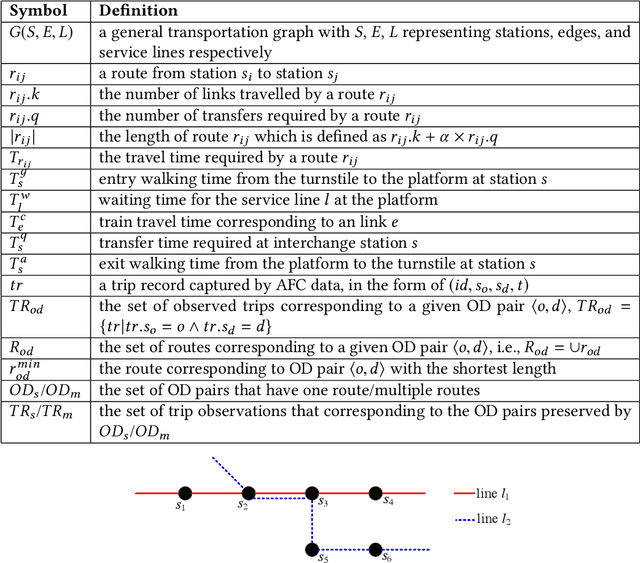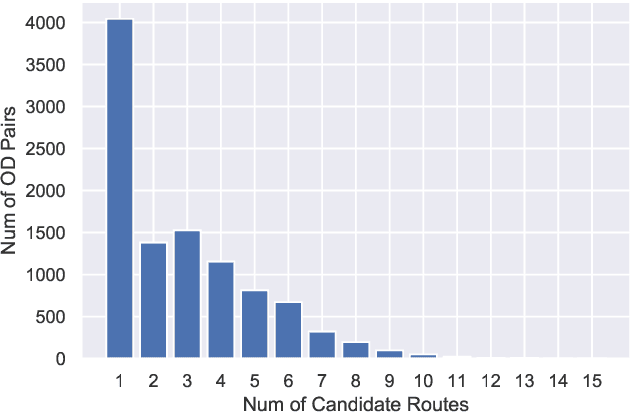Yazhe Wang
Automated Detection of Pre-training Text in Black-box LLMs
Jun 24, 2025Abstract:Detecting whether a given text is a member of the pre-training data of Large Language Models (LLMs) is crucial for ensuring data privacy and copyright protection. Most existing methods rely on the LLM's hidden information (e.g., model parameters or token probabilities), making them ineffective in the black-box setting, where only input and output texts are accessible. Although some methods have been proposed for the black-box setting, they rely on massive manual efforts such as designing complicated questions or instructions. To address these issues, we propose VeilProbe, the first framework for automatically detecting LLMs' pre-training texts in a black-box setting without human intervention. VeilProbe utilizes a sequence-to-sequence mapping model to infer the latent mapping feature between the input text and the corresponding output suffix generated by the LLM. Then it performs the key token perturbations to obtain more distinguishable membership features. Additionally, considering real-world scenarios where the ground-truth training text samples are limited, a prototype-based membership classifier is introduced to alleviate the overfitting issue. Extensive evaluations on three widely used datasets demonstrate that our framework is effective and superior in the black-box setting.
TRIPDECODER: Study Travel Time Attributes and Route Preferences of Metro Systems from Smart Card Data
May 01, 2020



Abstract:In this paper, we target at recovering the exact routes taken by commuters inside a metro system that arenot captured by an Automated Fare Collection (AFC) system and hence remain unknown. We strategicallypropose two inference tasks to handle the recovering, one to infer the travel time of each travel link thatcontributes to the total duration of any trip inside a metro network and the other to infer the route preferencesbased on historical trip records and the travel time of each travel link inferred in the previous inferencetask. As these two inference tasks have interrelationship, most of existing works perform these two taskssimultaneously. However, our solutionTripDecoderadopts a totally different approach. To the best of ourknowledge,TripDecoderis the first model that points out and fully utilizes the fact that there are some tripsinside a metro system with only one practical route available. It strategically decouples these two inferencetasks by only taking those trip records with only one practical route as the input for the first inference taskof travel time and feeding the inferred travel time to the second inference task as an additional input whichnot only improves the accuracy but also effectively reduces the complexity of both inference tasks. Twocase studies have been performed based on the city-scale real trip records captured by the AFC systems inSingapore and Taipei to compare the accuracy and efficiency ofTripDecoderand its competitors. As expected,TripDecoderhas achieved the best accuracy in both datasets, and it also demonstrates its superior efficiencyand scalability.
 Add to Chrome
Add to Chrome Add to Firefox
Add to Firefox Add to Edge
Add to Edge